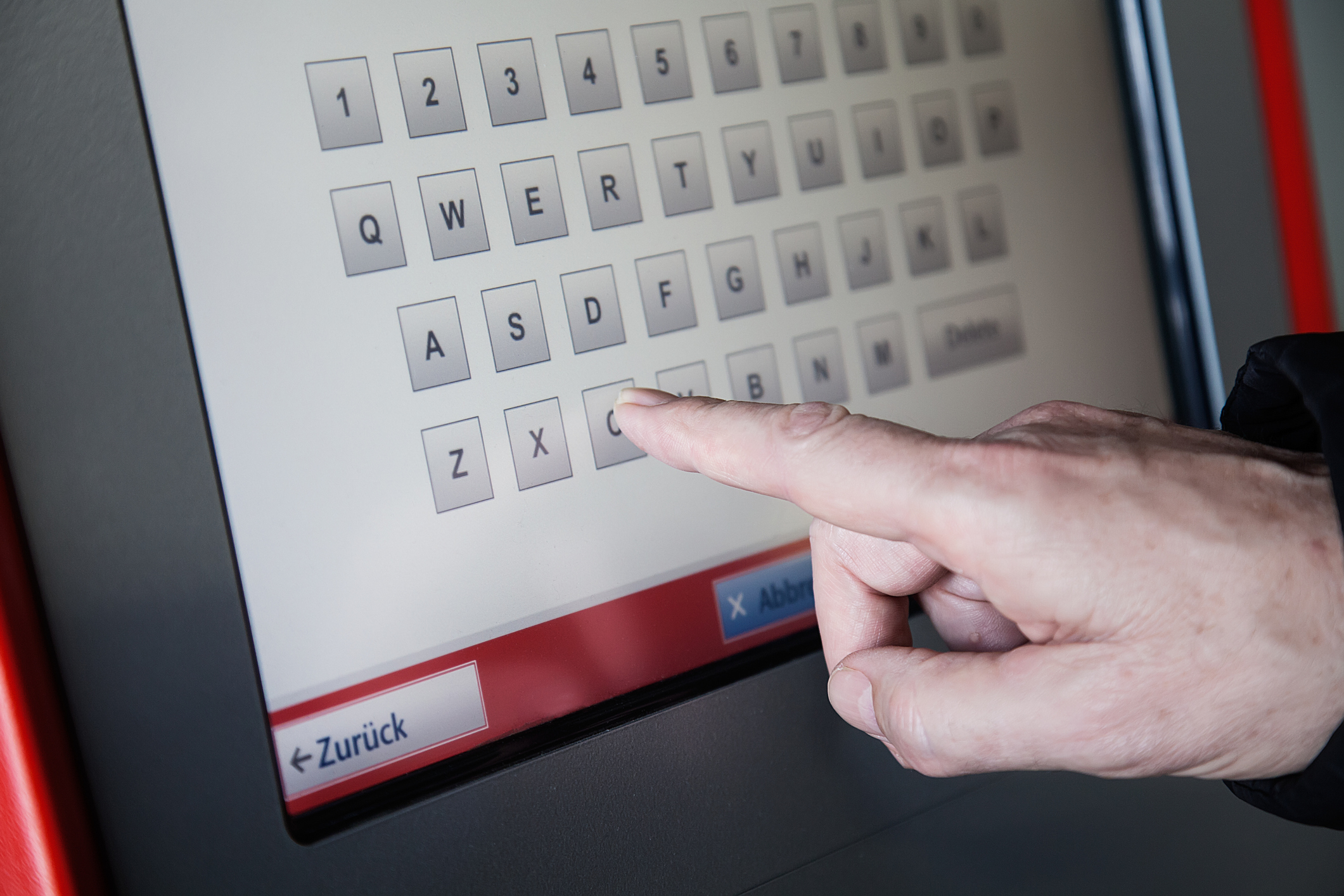InterContinental Hotels Group released its yearly trend report on the hospitality industry, the fifth such installment, and it is a continued examination of what the company refers to as “The Age of I.” The term is used to reflect what the report calls the dueling “desire for both inclusivity and individuality,” and the report highlights four primary “paradoxes” that impact a hotel operation's success. These paradoxes are:
1. Separate but Connected
Beyond guests, consumers and travelers, people today are connected digitally 24/7, and this presents a nearly impossible challenge to hotels. The concept of travel as a getaway, or a chance at escapism, is seemingly at odds with guests’ need to stay in contact with brands and properties at an individual level. In addition, guests value privacy but in order to achieve individualized services, brands are incentivized to create privacy-piercing databases. Furthermore, social media has taken center stage as a new method of forming wide-reaching digital and personal communities, and is no longer a simple communications tool. Finally, different generations respond differently to varying levels of connectivity, with baby boomers typically more wary of sharing personal information while the incoming generation Z, which follows millennials, is complicit as long as personal safeguards are in place.
2. Abundant Rarity
Luxury is no longer a blanket term for high-end goods and services. The term could refer to the traditional concept of premium, exclusive offerings, or it could reference the concept of maximized scarcity and availability. Generation Z defines luxury as accessible services that highlight individuality, and privacy is a growing luxury as consumers become more willing to share details about themselves.

3. Responsible Individualism
The paradox of seeking self improvement while at the same time remaining selfless is best summed up in one phrase: good for me while good for you. Corporate social responsibility has never been more important, especially as sharing information and feelings over social media grows. Credibility and integrity—otherwise known as “trust capital”—are currencies that are appreciating in value.
4. Do It Myself/Do It For Me In My Way
The list of guest-facing technology that takes operating out of the hands of the property continues to grow. Self-service kiosks, voice-activated applications, digital wallets, conversational robots, driverless cars and smart homes are all innovations that have taken off over the past few years, and guests have been embracing them. In addition, robotics streamline operations and reduce the possibility for human error, but there are concerns about removing the human element from hospitality because guests may not respond to positively. In addition, it has been shown that generation Z continues to seek person-to-person contact, though they are changing the venue from face-to-face to digital screens.

How to Respond
The report also offered six best practices for succeeding in the face of these paradoxes:
- Aim for integration, not balance: Trying to find balance within these paradoxes will not result in profit. Instead, seek to merge the best of both worlds for guests.
- Focus on needs and occasions: No longer a simple marketing tool, identifying conflicting needs to be addressed is an effective promise, as well as one that can be acted on today. Guest needs change based on the occasion, as do operator responses.
- Double down on conversation: Whether it be through vocal interaction or direct text messaging, it’s clear that guests continue to want to interact directly with hotel operators, though their choice of channels continues to grow and shift.
- Be multidimensional: No single idea can reflect a full brand message every day successfully. Instead, a brand should be flexible based on who the guest is day-to-day.
- Play to your team’s strengths: Divergent thinkers are powerful tools for operators, and while every team member has individual strengths they may have abilities beyond their job description. Keep an open mind.
- Address the brand-control paradox: Though businesses cannot give up control of a brand, the external world maintains influences over the brand’s reputation and perception. Successful operators will have to integrate here as well, since in 2017 it will be a give and take when it comes to power.
The full 2017 IHG Trends Report can be found here.
